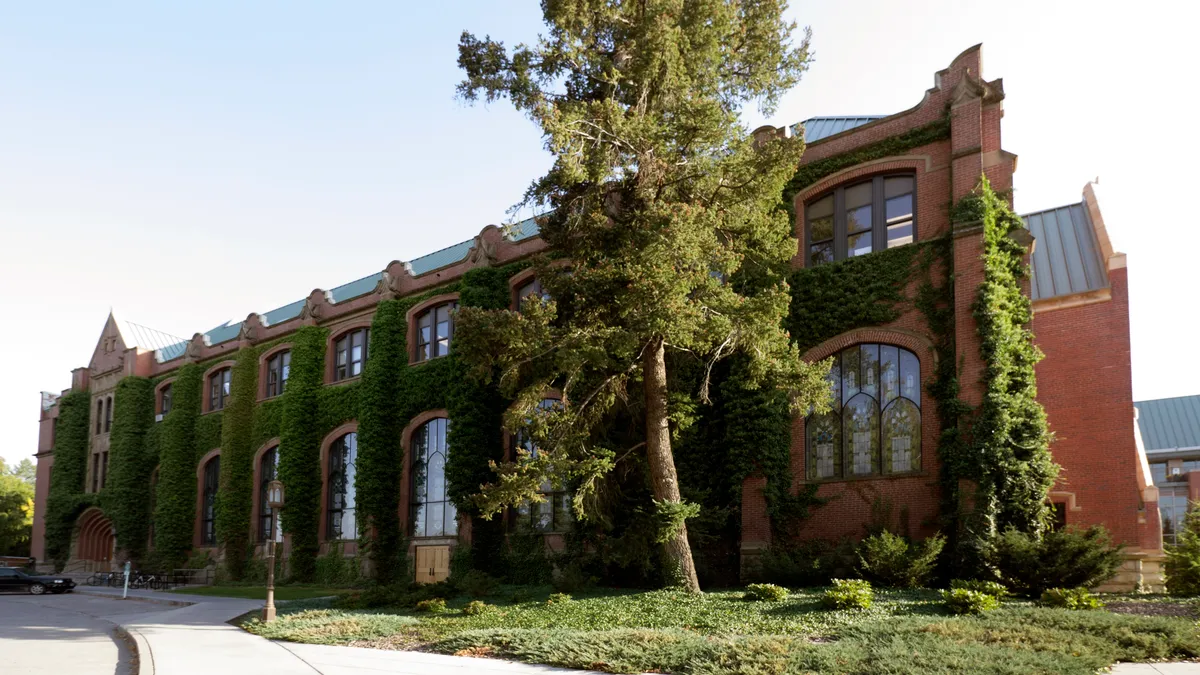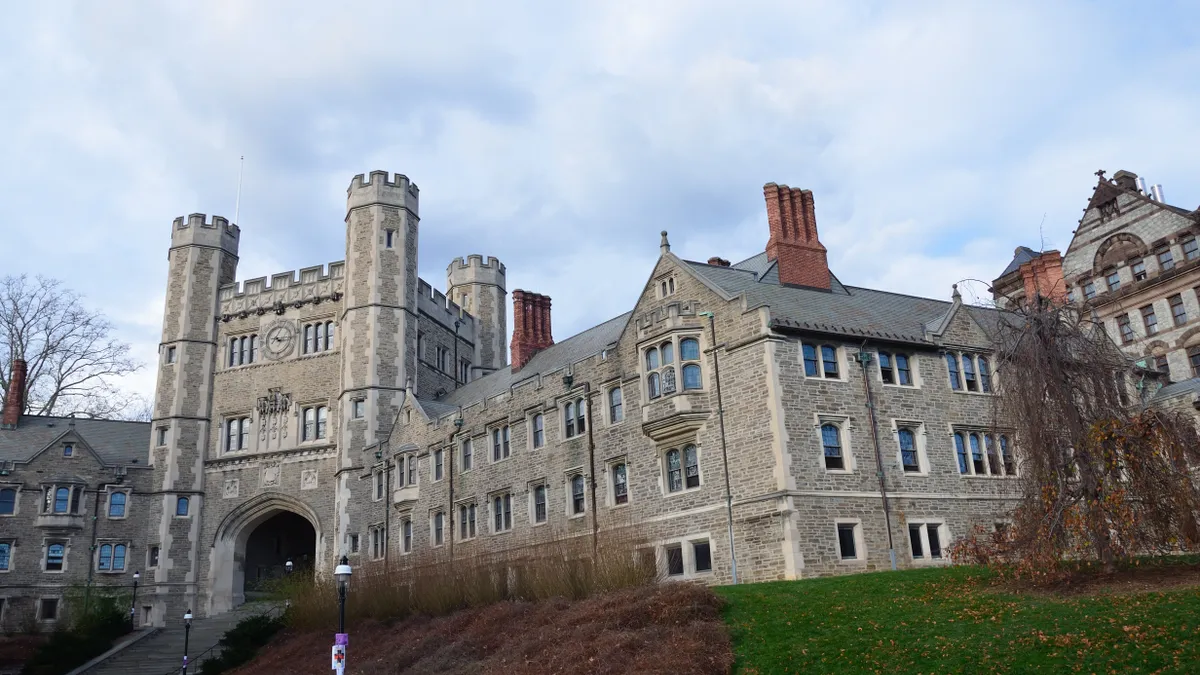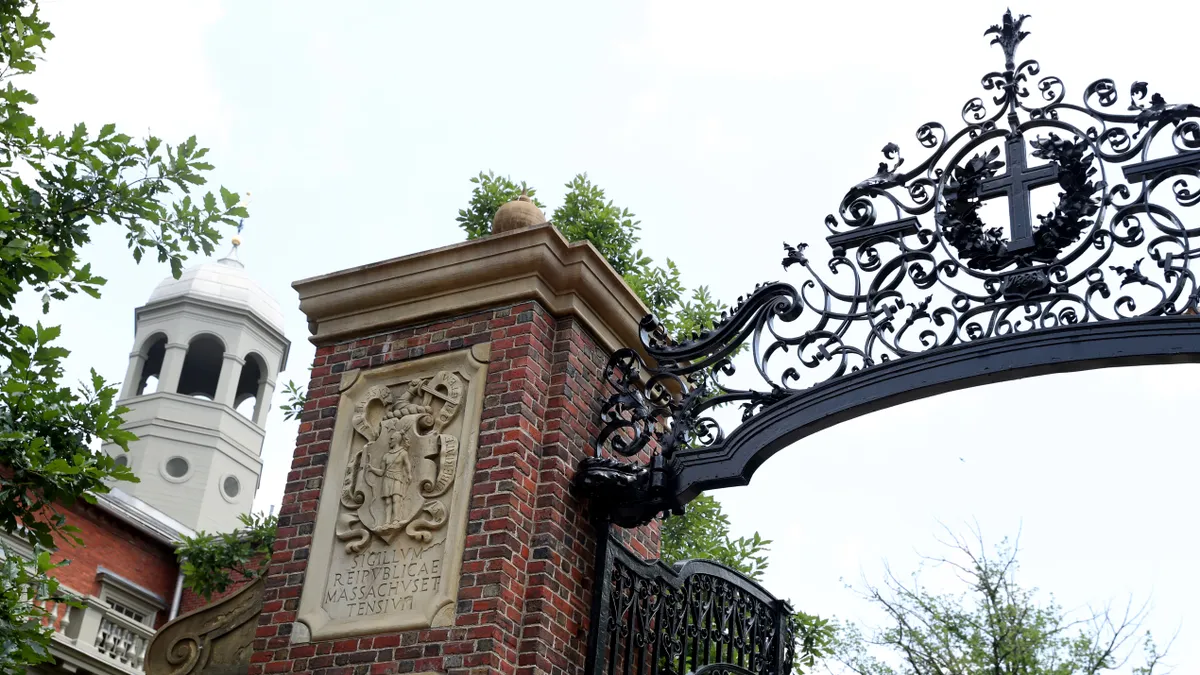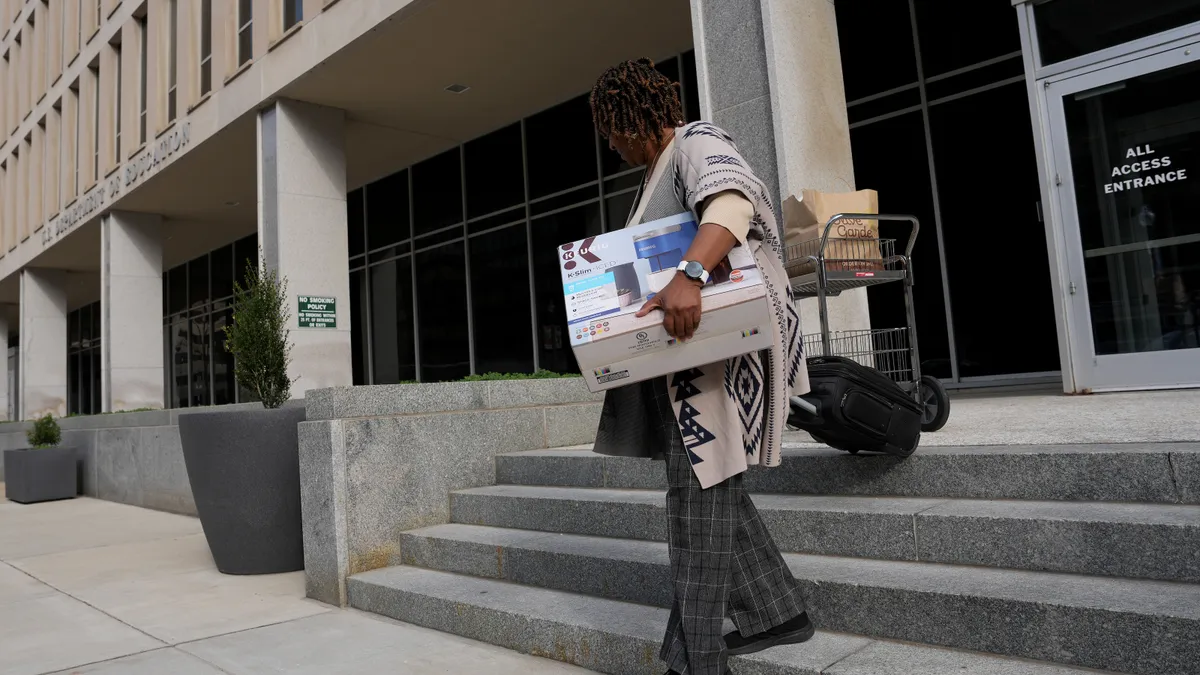The University of Idaho warned employees Friday that they must remain neutral when discussing abortion in the classroom or risk prosecution under a state law — including a felony conviction or loss of employment.
The guidance from the public institution’s lawyers, emailed to employees Friday, angered some faculty and civil liberties supporters while stirring debate about whether the university has appropriately defended academic freedom.
It also follows the national trend of state policymakers, almost all conservative, stepping into higher education matters historically left to institutions — such as tenure and curricula choices.
Last year, Idaho lawmakers passed what’s known as the No Public Funds for Abortion Act, sweeping legislation that banned state money from being channeled to most abortion providers.
The measure, opposed by the state’s branch of the American Civil Liberties Union, also forbade public employees from promoting abortion. It blocked public institutions from using tuition and fee dollars to pay for abortions or counseling in favor of it. And it banned school-based health clinics from performing abortions, referring a student for an abortion, or providing drugs classified as emergency contraception, except in rape cases.
An unsigned email from the University of Idaho’s Office of the General Counsel told employees Friday that in an “evolving legal landscape, how these laws will be enforced remains unclear.”
However, it said classroom debate on abortion and similar topics “should be approached carefully” and be limited to relevant classroom instruction.
Staff and faculty must present abortion neutrally, the general counsel said.
"Academic freedom is not a defense to violation of law, and faculty or others in charge of classroom topics and discussion must themselves remain neutral on the topic and cannot conduct or engage in discussions in violation of these prohibitions without risking prosecution," it said.
The general counsel noted that violations of the law could be misdemeanors or felonies. Those convicted could face the loss of their jobs and a ban on future state employment.
Employees in certain circumstances can still discuss abortion in viewpoint-neutral ways, and they can direct students to outside resources on the topic, the general counsel said. It also said the law allows the university to distribute condoms “for the purpose of helping prevent the spread of STDs and not for purposes of birth control.”
The general counsels’ interpretation of the law vexed some faculty members.
Russell Meeuf, a media studies professor and past chair of the university’s faculty senate, said he and his colleagues felt uncomfortable the general counsel wasn’t safeguarding academic freedom.
He was part of a group that helped write an academic freedom policy for the Idaho State Board of Education, which it approved earlier this year. The general counsel’s guidance is “not in alignment” with that policy, he said.
Meeuf said language in the state law is unclear. Nothing in it explicitly polices classroom talk, and the general counsel has upset faculty by saying it does, he said.
The board policy contains much more specific references to what would constitute crossing a boundary in the classroom, like instructors forcing their beliefs on students, he said.
The university said in an emailed statement that the guidance was meant to help its employees understand the legal significance of the state law, which it said was “challenging” and has “real ramifications.”
It said the law prohibits public funds from being used to “promote” abortion. While the statute doesn’t specify what that means, “it is clear that university employees are paid with public funds,” the university said.
“Employees engaging in their course of work in a manner that favors abortion could be deemed as promoting abortion,” the statement said. “While abortion can be discussed as a policy issue in the classroom, we highly recommend employees in charge of the classroom remain neutral or risk violating this law. We support our students and employees, as well as academic freedom, but understand the need to work within the laws set out by our state.”
The university’s actions have attracted outside criticism. A civil liberties watchdog, the Foundation for Individual Rights and Expression, is preparing to send a letter to the institution about the guidelines, one of its attorneys, Adam Steinbaugh, said Monday.
Steinbaugh said the university’s interpretation of the law is confusing. The statute mentions a ban on promoting abortion, “which is viewpoint discriminatory,” he said.
But the university, which enrolls more than 10,700 students, appears to be enforcing a blanket ban that stops staff from debating abortion on either side of the issue, Steinbaugh said.
“The university’s application of this law to teaching runs headlong into the First Amendment,” he said.
He also noted that the U.S. Court of Appeals for the Ninth Circuit, which encompasses Idaho, found that faculty enjoy broad academic freedom protections in their scholarship, even outside of teaching.
The University of Idaho has been embroiled in free inquiry scandals before. It has been targeted by the Idaho Freedom Foundation, a conservative advocacy group, which has argued public higher ed in the state is indoctrinating students with liberal values.
Meeuf praised the university’s president, Scott Green, for defending the institution against these claims, including by commissioning a law firm to investigate them. The state’s legislature last year cut $2.5 million in higher ed funding, including $500,000 for the University of Idaho, following the indoctrination allegations.























